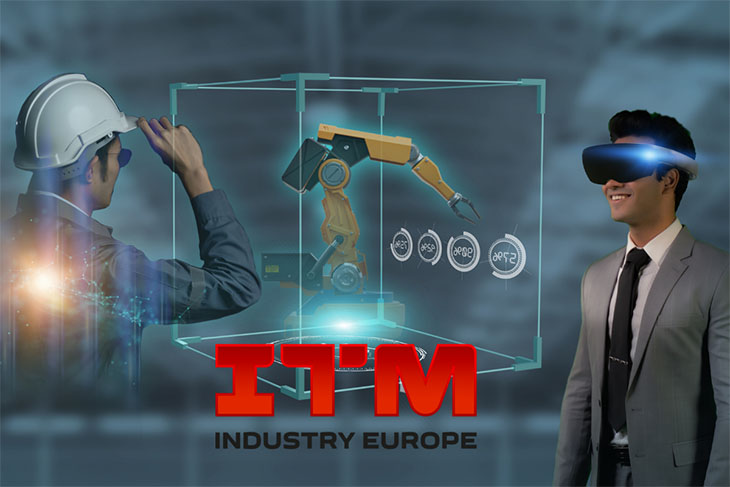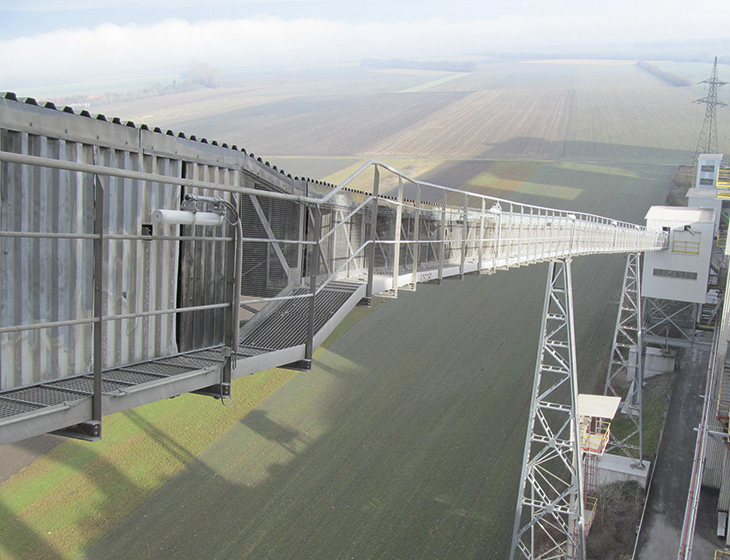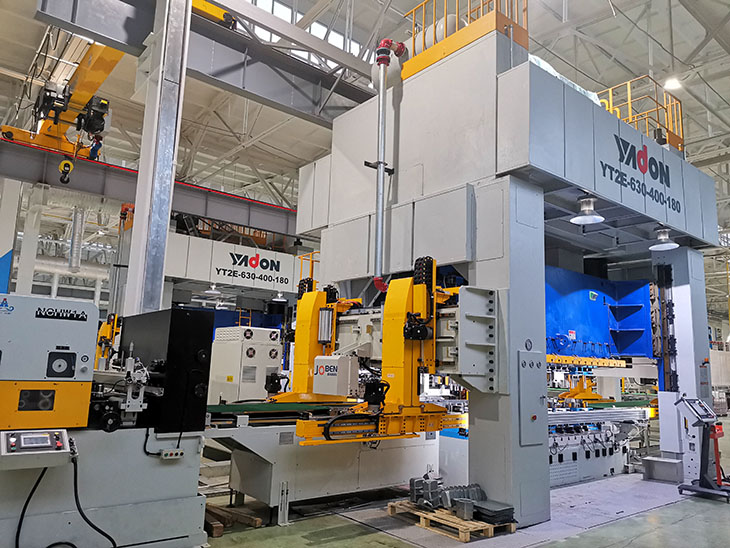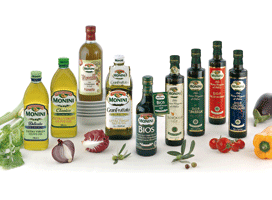ACEA opened its office in Beijing in October 2004, when car sales in China were just 2.5 million. Today, sales are at 16.3 million, making the Chinese market the largest in the world.
Speaking during an anniversary event in Beijing hosted by the Delegation of the EU to China, ACEA President and CEO of Renault, Carlos Ghosn stated, "The phenomenal expansion of the Chinese market has been driven to a significant extent by joint ventures involving ACEA's members. These investments represent a significant proportion of both foreign direct investment in the Chinese car industry and of total Chinese vehicle production."
Every ACEA member has operations in China. For some, these operations consist of importing products from other countries into China. The majority, however, produce in China, with some having done so for as long as 25 to 30 years. European car brands combined have a market share of approximately 25%.
Mr Ghosn acknowledged that much progress has been made by the Chinese authorities on opening up the domestic market to foreign investment, expressing the industry's hope that this can continue.
The two regions are important trading partners, with China importing 564,000 vehicles a year from the EU, and exporting 173,000 to the EU. Mr Ghosn said, "To facilitate mutual exchange, the European auto industry is actively promoting balanced free trade and efforts to harmonise regulations and processes." The reducing of tariff and non-tariff barriers is important in order to limit impediments to commerce. The use of globally harmonised regulations – such as those employed at UNECE – can ensure that a car designed and produced in one country can be sold in another, without additional certification costs.
Erik Jonnaert, ACEA's Secretary General underlined the importance of ongoing collaboration between the Chinese and European automotive industries, as well as between regulators in China and the EU, in helping to create the conditions for growth and for the development of vehicles which are safer, cleaner and smarter.






















